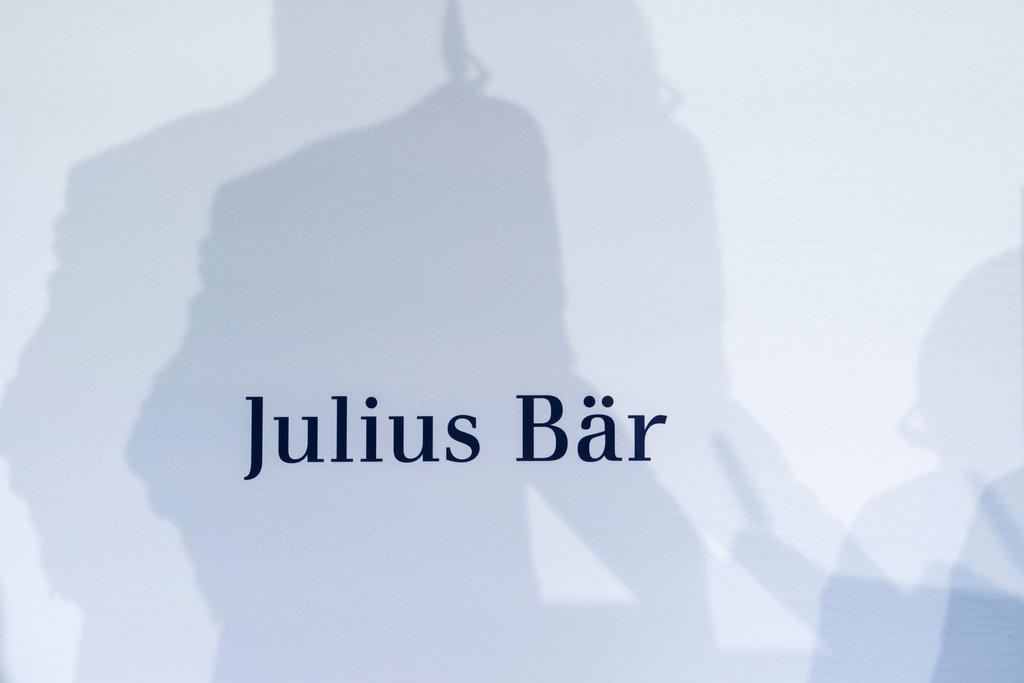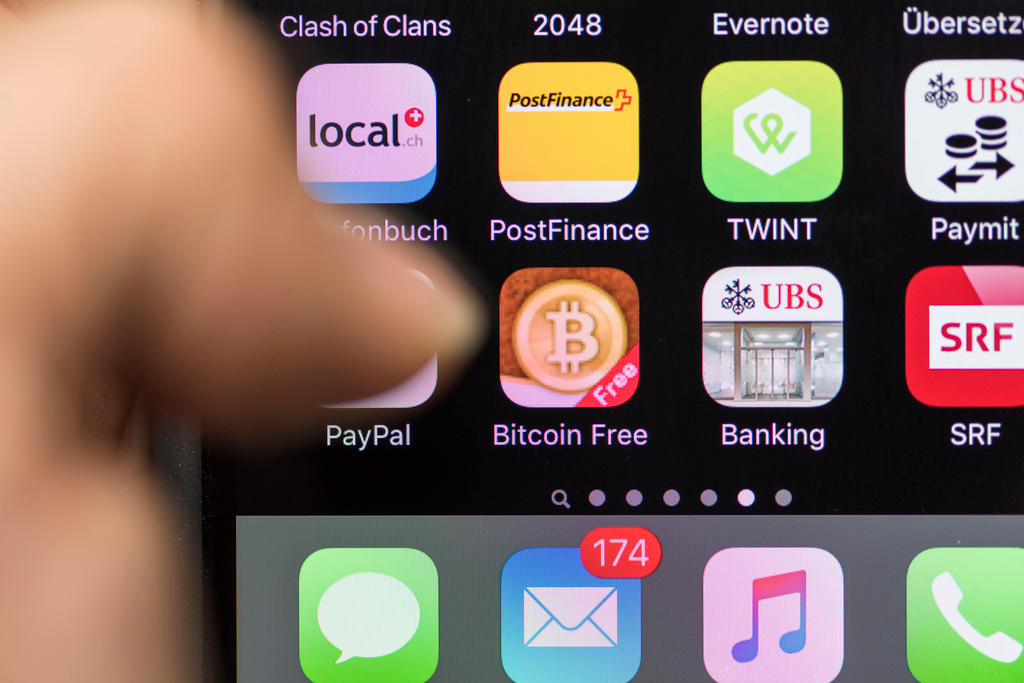Swiss private banking giant dips toes into crypto scene

One of Switzerland’s largest banks, Julius Baer, has entered the cryptoassets world by announcing a partnership with budding crypto bank start-up SEBA.
While other Swiss banks, such as Vontobel, Falcon and Swissquote, are already active in the space, Julius Baer’s entrance has attracted particular attention. The obvious connection between the two businesses is Andreas Amschwand, chairman of SEBA and a board member at Julius Baer. However Amschwand will step down from Julius Baer in April.
With CHF382 billion ($382 billion) of assets under management, the 125-year-old private banking giant appears to have raised the bar in the ongoing merger of cryptoassets into the traditional financial sector.
Swiss banks have shown a marked reluctance to expose themselves to cryptoassets. This wariness is understandable in the context of a recent global tax evasion and money laundering crackdown that broke the back of Swiss banking secrecy. By dipping its toes into the new asset class, Julius Baer has signaled that it believes the risks to be acceptable.
“At Julius Baer, we are convinced that digital assets will become a legitimate sustainable asset class of an investor’s portfolio,” Peter Gerlach, Head Markets at Julius Baer, said in a statement.
Gerlach has been nominated to join the SEBA board of directors in March. Julius Baer revealed that it is an early investor in the canton Zug-based start-up SEBA. The new partnership arrangement is designed to “provide Julius Baer clients with leading-edge solutions in the area of digital assets to meet an increasing demand.” The bank did not add any other details of how the partnership, which is dependent on SEBA getting a banking license, will work.
According to Marc Bettinger, who worked at Julius Baer for 18 months before leaving in December 2017 to pursue crypto projects, the move was probably only possible because of a regime change at Julius Baer – when Bernhard Hodler replaced Boris Collardi as CEO towards the end of 2017.
“The reason that Julius Baer has not been active in the past is that Collardi was always against cryptocurrencies,” Bettinger told swissinfo.ch. “There may still be some voices at the bank who are against this project, but Hodler has made this possible because he is more open to cryptocurrencies.”
Bettinger added that Julius Baer’s backing of SEBA may boost its chances of receiving a banking license, which it hopes to do by the middle of this year.
Some voices within the Swiss cryptocurrency community are sceptical of the traditional banks jumping on the bandwagon. They would much prefer to see a more revolutionary model, such as the Geneva-based blockchain banking project Mt PelerinExternal link, gain ascendancy.
But the involvement of the established financial sector in crypto is gaining rapid momentum, with several banks now offering client services and the Swiss stock exchange poised to launch a cryptoasset trading platform based on blockchain technology.

More
Swiss bank crypto services ‘tip of the iceberg’

In compliance with the JTI standards
More: SWI swissinfo.ch certified by the Journalism Trust Initiative




You can find an overview of ongoing debates with our journalists here. Please join us!
If you want to start a conversation about a topic raised in this article or want to report factual errors, email us at english@swissinfo.ch.